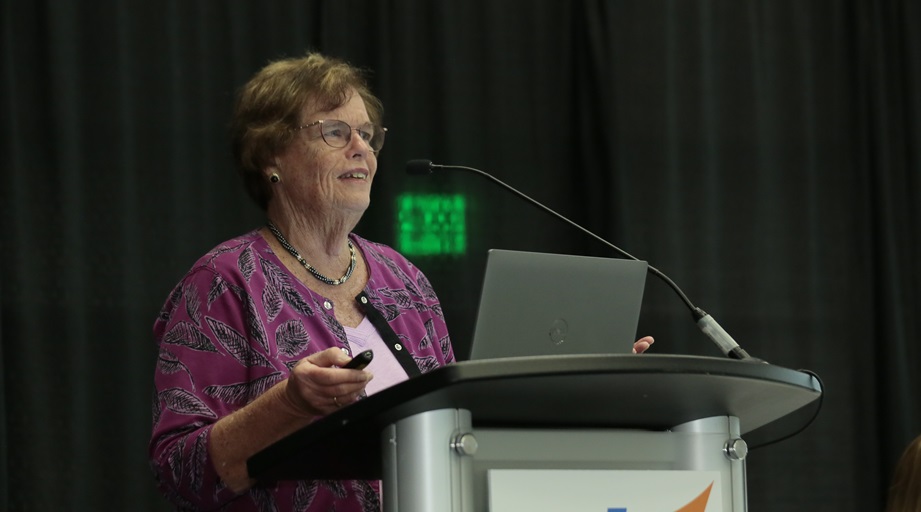
Hospital pharmacy staff aren't the only ones who must comply with national safety standards for handling hazardous drugs. But it's up to them to help nursing colleagues and others find - and address - potential compliance problems with U.S. Pharmacopeia (USP) chapter <800>.
That’s according to Patricia Kienle and Lisa McCabe, the 2023 Midyear Clinical Meeting & Exhibition speakers at a Dec. 4 session on USP <800> compounding and administration compliance gaps.
The chapter, which became enforceable on Nov. 1, sets standards for safe handling of hazardous drugs — not only in areas where compounding occurs but in any health setting where someone could be exposed to these medications by administering them, for example, or cleaning spills.
Such wide-ranging impact leaves plenty of room for compliance shortfalls. Kienle, director of accreditation and medication safety at Cardinal Health, and McCabe, director of health-system pharmacy at Cardinal, used a hypothetical case study to illustrate potential issues.
Say a health system buys an oncology physician practice. How would the health system deal with the practice’s inconsistent use of closed-system drug transfer devices? Or nurses who didn’t wear the proper gowns and gloves during administration of hazardous drugs? Or an environmental services staffer’s insufficient cleanup of a spill in the infusion center?
Other issues that can come up are whether health systems are performing hazardous drug wipe sampling, which <800> recommends, and whether infused drugs prepared offsite due to insurer-mandated white- and brown- bagging policies could pose compliance problems when they are returned to the hospitals for administration, said McCabe.
Another key problem emerging for health systems, said Kienle, is that the National Institute for Occupational Safety & Health (NIOSH) is no longer considering biologics on its hazardous drugs list.
“One thing that I think we really do have a gap in is the NIOSH list. Going forward, it will only handle drugs. It will not handle biologics,” said Kienle. “If you look at all the new agents that have come on the market in the last decade, the vast majority are biologics. So, we have to have a way of knowing how we can evaluate those and what do we need to do with them in our organizations.”
The pair emphasized engaging with other departments in the hospital that are affected by USP <800>. For example, they recommended pharmacy staff routinely conduct spill drills with nursing and environmental services departments.
McCabe, who is also a registered nurse, also said that surveys show nurses are more likely to don personal protective equipment when they are part of the process for implementing its use.
“A lot of times when you’re teaching people how to do something it’s the ‘why’ that’s important,” she said.
The presenters shared several resources that pharmacy departments can consult as they work to be in full compliance with <800>. Those resources include ASHP’s guidelines for handling hazardous drugs, NIOSH, and the Oncology Nursing Society.








